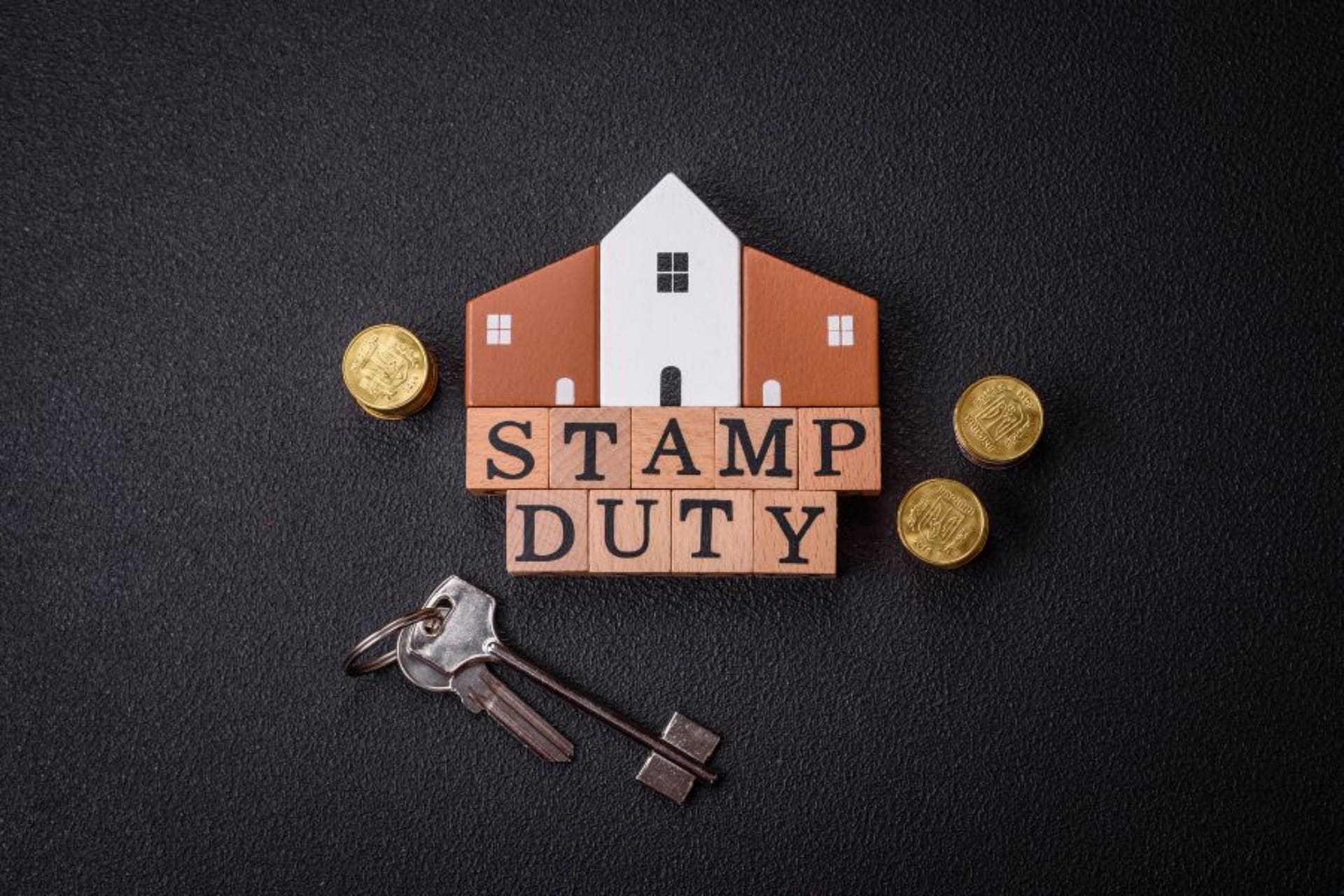Transferring property to a spouse in Queensland (QLD) is a common step taken for various reasons, such as financial restructuring, asset protection, or finalising property arrangements after separation or marriage. While the process might appear straightforward, there are specific rules and procedures that need to be followed carefully.
Table of Contents
ToggleUnderstanding the Transfer Process
The first step in transferring property to a spouse involves updating the legal ownership recorded on the title. This is done by preparing a formal transfer form and submitting it to the Queensland Land Registry. If you’re aiming to transfer property without paying stamp duty in QLD, it’s important to ensure the transfer falls within the categories allowed for exemptions, such as a transfer of the matrimonial home or a post-separation agreement.
Working with Residential Conveyancing Experts ensures the legal documents are completed correctly, reducing the risk of delays or errors during submission. In many cases, professionals specialising in legal transfers conveyancing will review the details of the transaction to identify whether stamp duty exemptions or concessions apply.
Documentation Required
In addition to the core documents involved in a property transfer, several supporting forms and declarations may be needed to ensure the transaction is legally recognised and compliant with Queensland law.
These often include:
Form D2.1 (Transfer Duty Statement): This is required by the Queensland Revenue Office to determine if the transfer qualifies for an exemption or concession. If you are applying to transfer property without paying stamp duty in QLD, this form must include accurate details of the relationship between the parties and the reason for the transfer.
Marriage or Relationship Evidence: If the transfer is based on a spousal exemption, you may need to provide a marriage certificate, civil partnership registration, or evidence of a de facto relationship, such as joint financial statements or utility bills.
Statutory Declarations: In some cases, a statutory declaration may be required to confirm the intent of the transfer, details of the relationship, or to declare that no monetary consideration is being exchanged. This is particularly common when working with professionals in legal transfers conveyancing, who ensure that all required declarations are submitted to support exemption claims.
Client Authorisation Form (CAF): If a Residential Conveyancing Expert is lodging documents electronically through platforms like PEXA, this form allows them to act on your behalf to complete the transaction.
Supporting Title Documents or Property Certificates: If the property has recently undergone changes (e.g. subdivision or boundary adjustments), updated plans or title references may be required to ensure the transfer accurately reflects the current legal description.
Each transfer scenario is different, and the type and combination of documents needed will vary. This is why working with Residential Conveyancing Experts who understand the nuances of legal transfers conveyancing is essential to avoid delays or rejection of your application.
When applying to transfer property without paying stamp duty in QLD, every supporting document must align with the declared purpose and relationship to meet the exemption criteria. Ensuring consistency across all documents is crucial for a smooth and valid registration.
Financial Considerations
Stamp duty can be one of the largest costs in any property transfer. Fortunately, Queensland offers specific exemptions if you meet the right conditions. For instance, if the property is your primary residence and the transfer is between spouses or de facto partners, you may be able to transfer property without paying stamp duty in QLD under the family law or matrimonial provisions.
This is why it’s helpful to engage Residential Conveyancing Experts who understand how to assess your circumstances and confirm if your transfer falls under an exempt category. Those with experience in legal transfers conveyancing can also help prevent mistakes in calculating duty or claiming an exemption incorrectly.
Also Read: Transferring Property into a Trust in Australia
Tax Implications: Capital Gains Tax
When transferring property, it’s not just stamp duty that needs to be considered. Capital gains tax (CGT) may also be relevant, particularly if the property is not your primary place of residence. In some cases, transferring a share in an investment property to a spouse can attract CGT unless an exemption applies.
If you’re trying to transfer property without paying stamp duty in QLD, it’s still necessary to understand whether CGT applies separately. This is especially important for transfers involving rental or business-use properties. Engaging Residential Conveyancing Experts or legal professionals with experience in legal transfers conveyancing can help assess how your transfer may be treated under CGT rules.
Also Read: How Does Capital Gains Tax Impact Gifted Property in Australia?
Capital Gains Tax Transfer Between Spouses
Transfers between spouses can qualify for CGT rollover relief in some situations. This applies when one spouse transfers all or part of their interest in a property to the other. While the relief is automatic in some scenarios, it’s critical to ensure the transaction meets the criteria.
When you’re planning to transfer property without paying stamp duty in QLD, it’s equally important to review whether capital gains tax obligations can be deferred or removed. This level of assessment is often managed by property professionals with experience in legal transfers conveyancing, who work closely with financial advisers or tax agents.
Legal Advice and Support
Due to the mix of legal and tax complexities, even seemingly simple transfers benefit from the involvement of a property professional. Whether the goal is to structure ownership for financial planning or to meet obligations after a relationship ends, engaging Residential Conveyancing Experts can help ensure the process runs efficiently and within the law.
For those looking to transfer property without paying stamp duty in QLD, careful attention must be given to timing, eligibility, and proper documentation. By consulting a specialist in legal transfers conveyancing, you reduce the risk of delays or costly oversights.
Start Your Property Transfer with CJC Law
Looking to transfer property without paying stamp duty in QLD? CJC Law’s team of Residential Conveyancing Experts can guide you through the process. With extensive experience in legal transfers conveyancing, we handle the paperwork, review your eligibility for exemptions, and support you through every step of the title transfer. Get in touch today to ensure your transfer is completed smoothly and with confidence.




